In response to popular demand, we have compiled four year-long courses composed of our favorite classic book discussions, archived from the 7 years of our Online Academy’s history. We have also added 3 extra recordings per course, for a total of 12 classic titles (live classes only get 9 per year!), plus a special session from Headmaster Adam Andrews introducing our unique method for literary reading.
Course List
- “A Method for Literary Reading” with Adam Andrews
- King Lear by William Shakespeare
- Julius Caesar by William Shakespeare
- The Tragedy of Hamlet, Prince of Denmark by William Shakespeare
- Paradise Lost – John Milton
- 17th Century English Poets: John Donne, Ben Jonson, Robert Herrick, George Herbert, and John Milton
- 19th Century English Poets: William Wordsworth, Samuel Taylor Coleridge, Percy Bysshe Shelley, John Keats, Robert Browning, and Gerard Manley Hopkins
- Pride and Prejudice by Jane Austen
- Wuthering Heights by Emily Bronte
- Great Expectations by Charles Dickens
- Little Dorrit by Charles Dickens
- That Hideous Strength by C.S. Lewis
- ’Till We Have Faces by C.S. Lewis
What’s Included
An introduction to the CenterForLit method for literary reading with Adam Andrews.
Audio recordings of 12 complete, 2-hour Socratic discussions of classic titles from American Literature, delivered in both .mp3 CD and digital .mp3 formats.
A teacher reference booklet containing:
– A brief primer on leading Socratic discussions
– A step-by-step guide to administering the course and marking student progress
– Detailed notes on every recording included in the compilation, along with historical context about the life of each included author.
– Detailed Setting, Character, and Plot summaries for each title.
– A completed Story Chart for each title.
Our Philosophy of Literature
“Literary Analysis” is an unfortunate term in some respects. First, it sounds technical and complicated, and evokes images of scientific dissection, as if a story were being torn apart and impersonally scrutinized under a microscope.
We don’t mean any of those things by the term, but until we think of a better phrase, we use this one in our own peculiar way.
To analyze something is to examine it closely so that you can understand it. When applied to literature, this simply means reading carefully to find out what the author is trying to say. The trouble is that “reading carefully” is easier said than done, especially for the novice reader.
Here’s where “analysis” comes in. Honest literary analysis simply recognizes and observes the structural elements that make up any story — things like exposition, rising action, climax, denouement, and conclusion — in effort to see how an author weaves them together to emphasize his main ideas. This process can dramatically deepen our understanding of an author’s book, thereby deepening our appreciation and enjoyment of the story. After all, who can fully enjoy what he doesn’t understand?
This doesn’t mean we will ever come to the end of our understanding of a book. Understanding is a process that begs conversation, and indeed we find in the field of literature a vast community of readers and scholars who have chimed in to offer their own thoughts – in good criticism, this represents the author’s ideas expressed out of the unique personhood of an individual reader. Because literature is linguistic art and language is associative, readers must use their own experience to understand an author’s themes.
But the associative nature of language also means that both speaking and listening are challenging propositions. It’s hard to say exactly what you mean, and it’s hard to understand a speaker. This inherent difficulty only intensifies the importance of teaching the careful reading and honest interpretation of stories.
There is danger in refusing to understand an author on his own terms: we may speak over him and come away touting our own opinions instead of engaging with his. As C.S. Lewis says in An Experiment in Criticism, this kind of reading fails to expand our experience or understanding — fails to deliver us from the isolation of the self. When we read to “make something” of the stories we encounter, we strip mine them for propaganda and meet only ourselves continually. In the same way that paying close attention to a neighbor during a friendly conversation requires effort of the listener, reading carefully to uncover an author’s implicit meaning requires concentration and patience. The truth is, literary analysis is neither impersonal, technical, nor complicated. Though it can be demanding, the rewards of good reading are well worth the effort.
Pelican Society Discount: Members of the Pelican Society receive 10% off this item, plus ongoing product support and a host of additional resources, all for only $14 per month. Click here to log in or join!

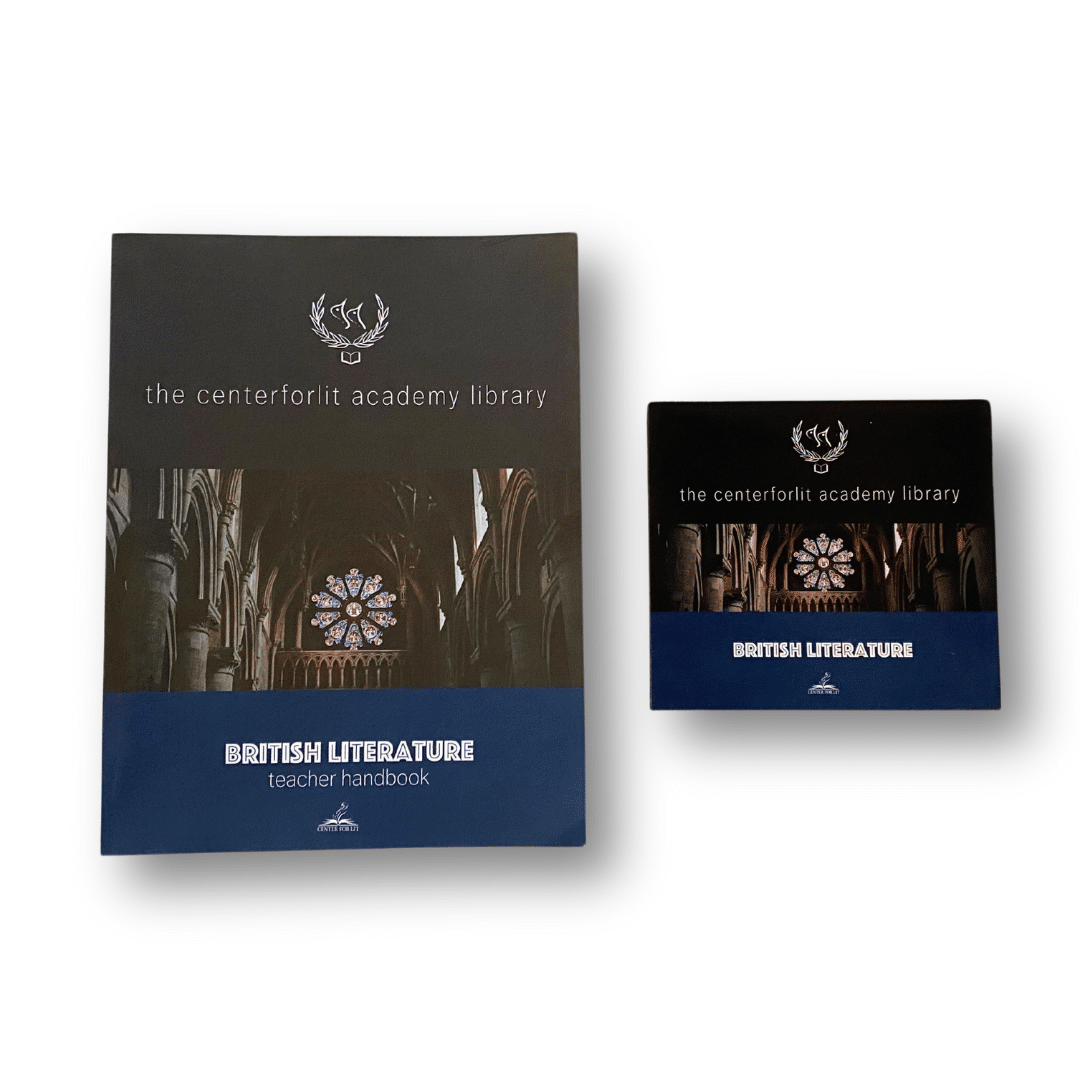
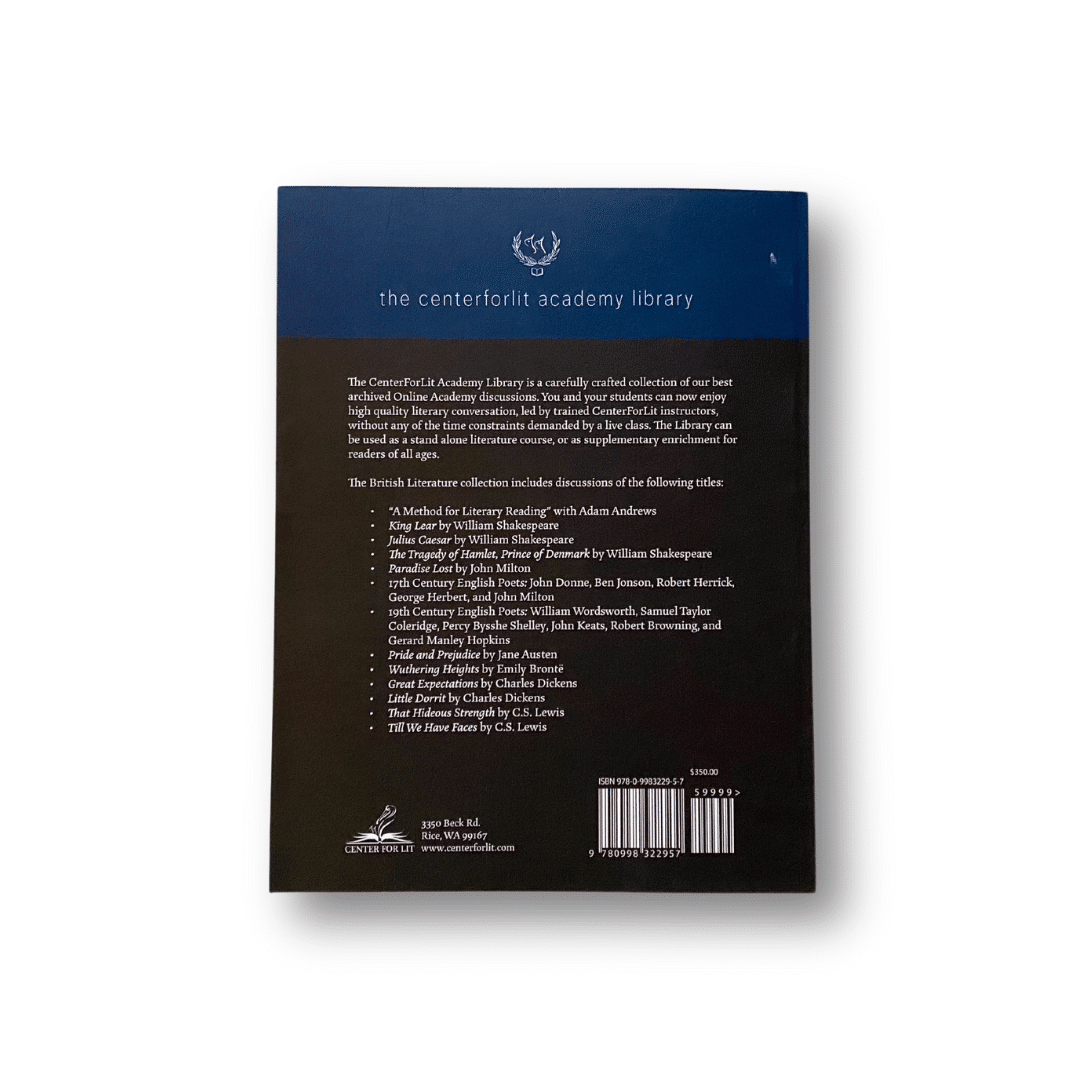
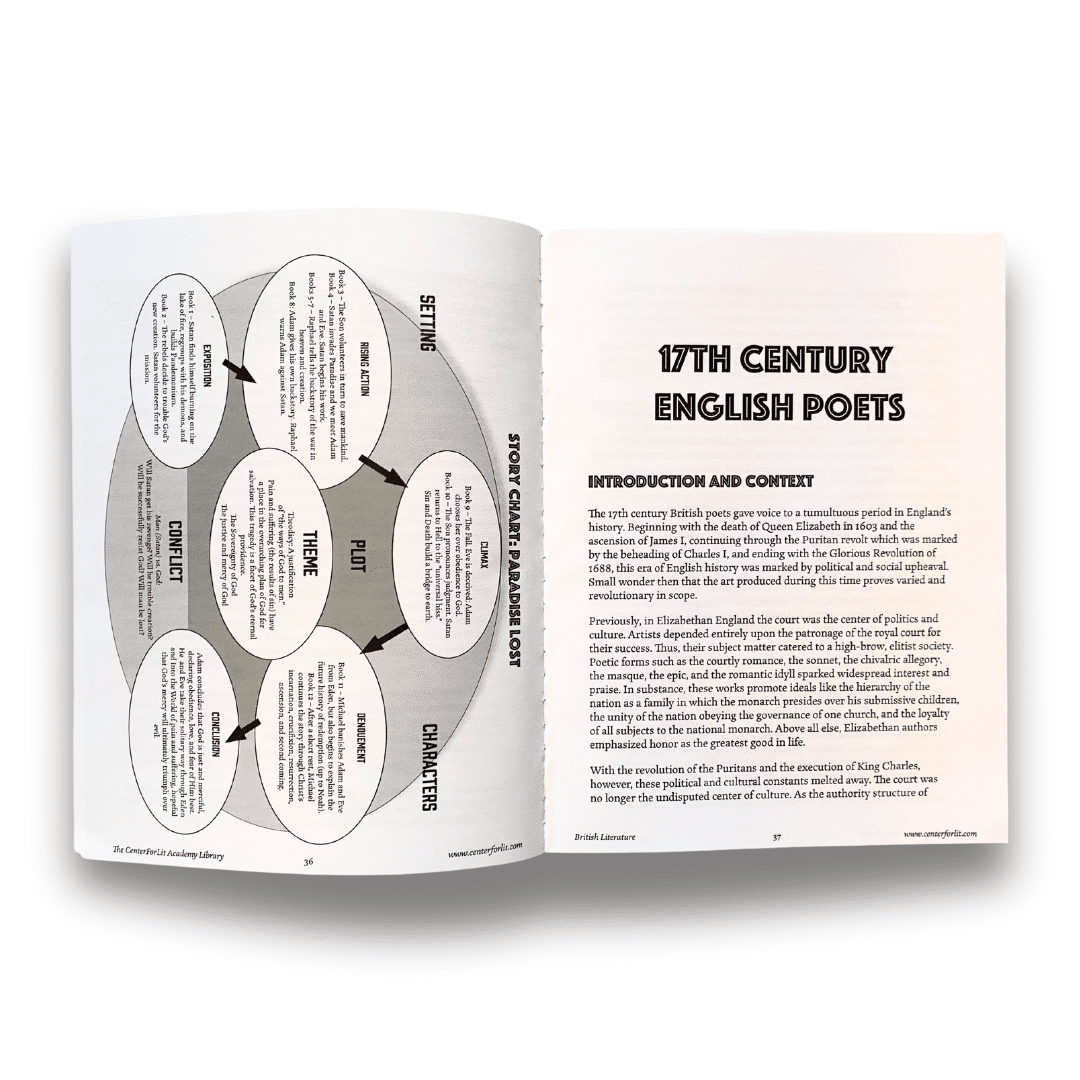
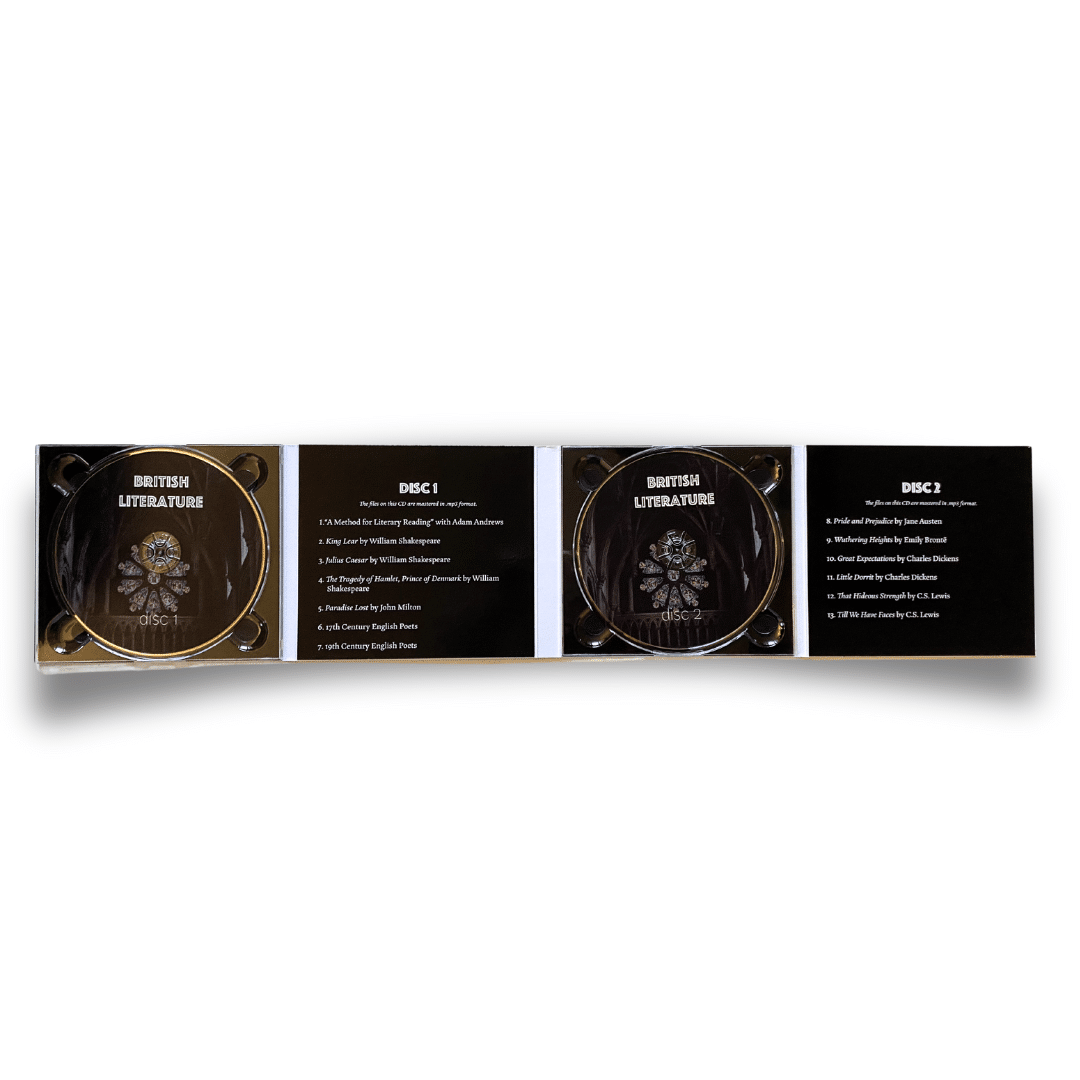
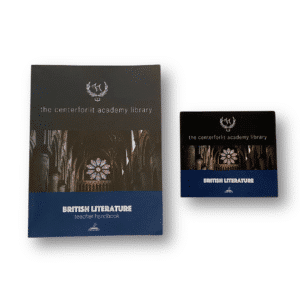
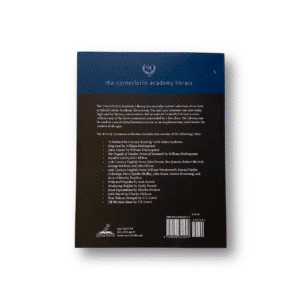
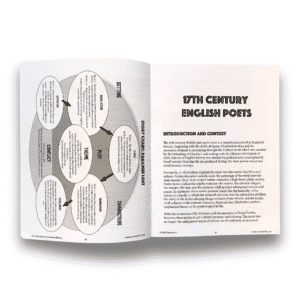
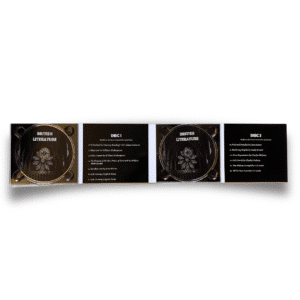
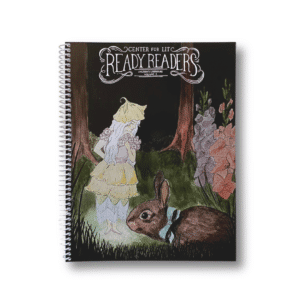


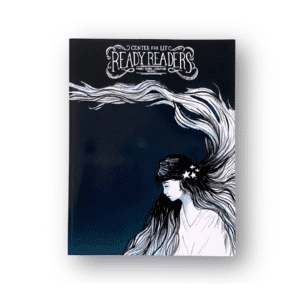
Reviews
There are no reviews yet.